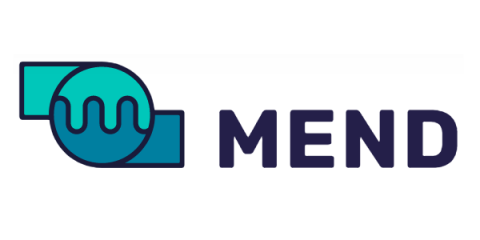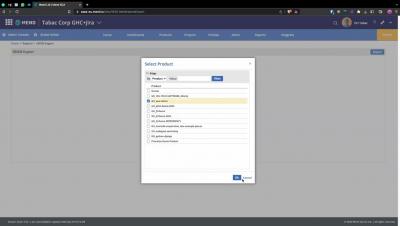Dependency Management: A Guide and 3 Tips to Keep You Sane
Managing dependencies is not for the faint of heart. For a single project, you may be able to keep up with dependencies on your own. For software codebases with hundreds of modules, however, even the most seasoned developer will quickly descend into dependency hell. Don’t worry: dependency hell has happened to the best of us! There are some things you can do to keep yourself sane and improve application security.











